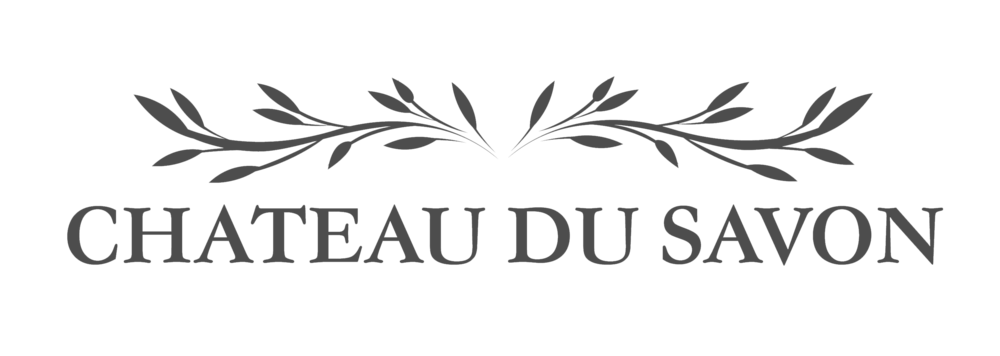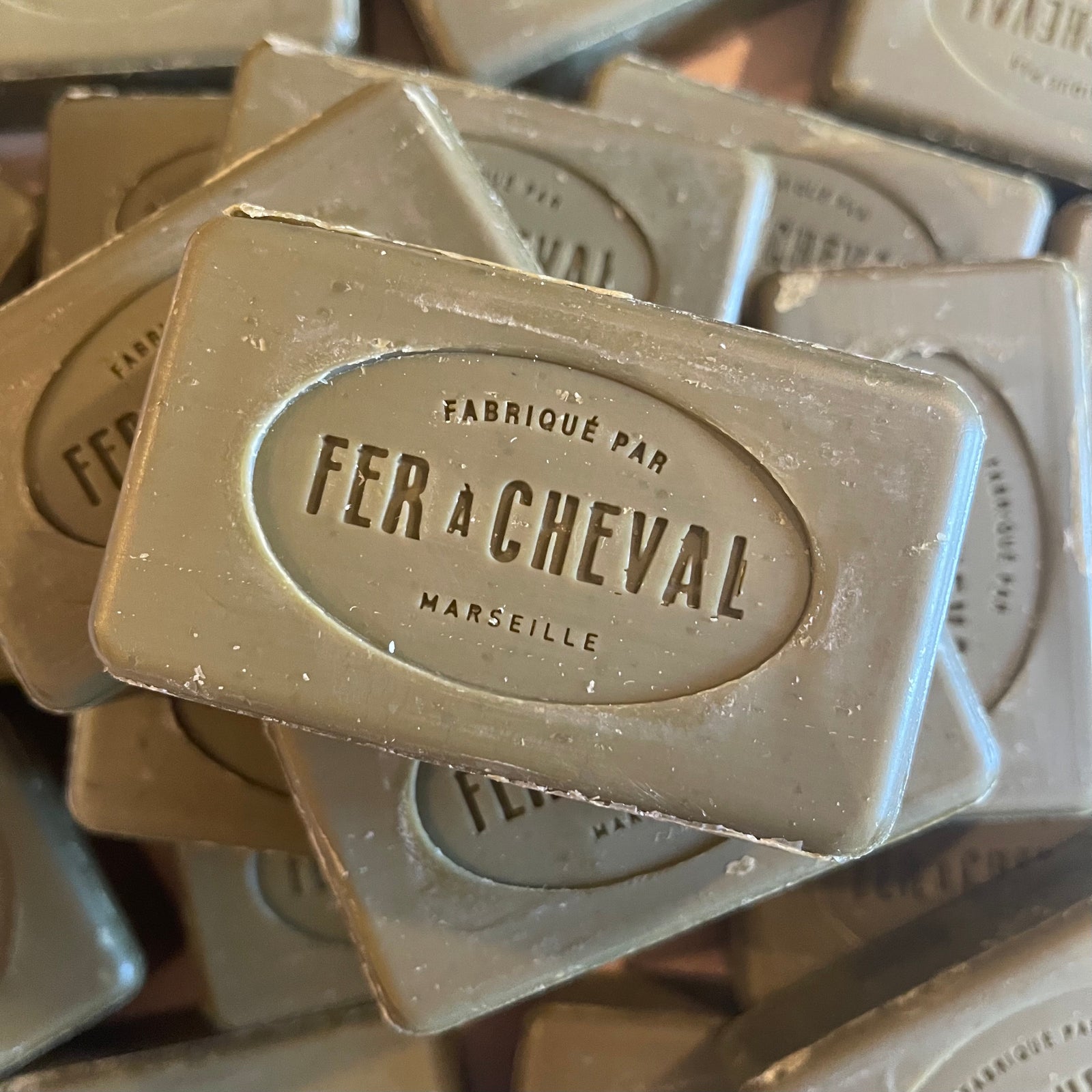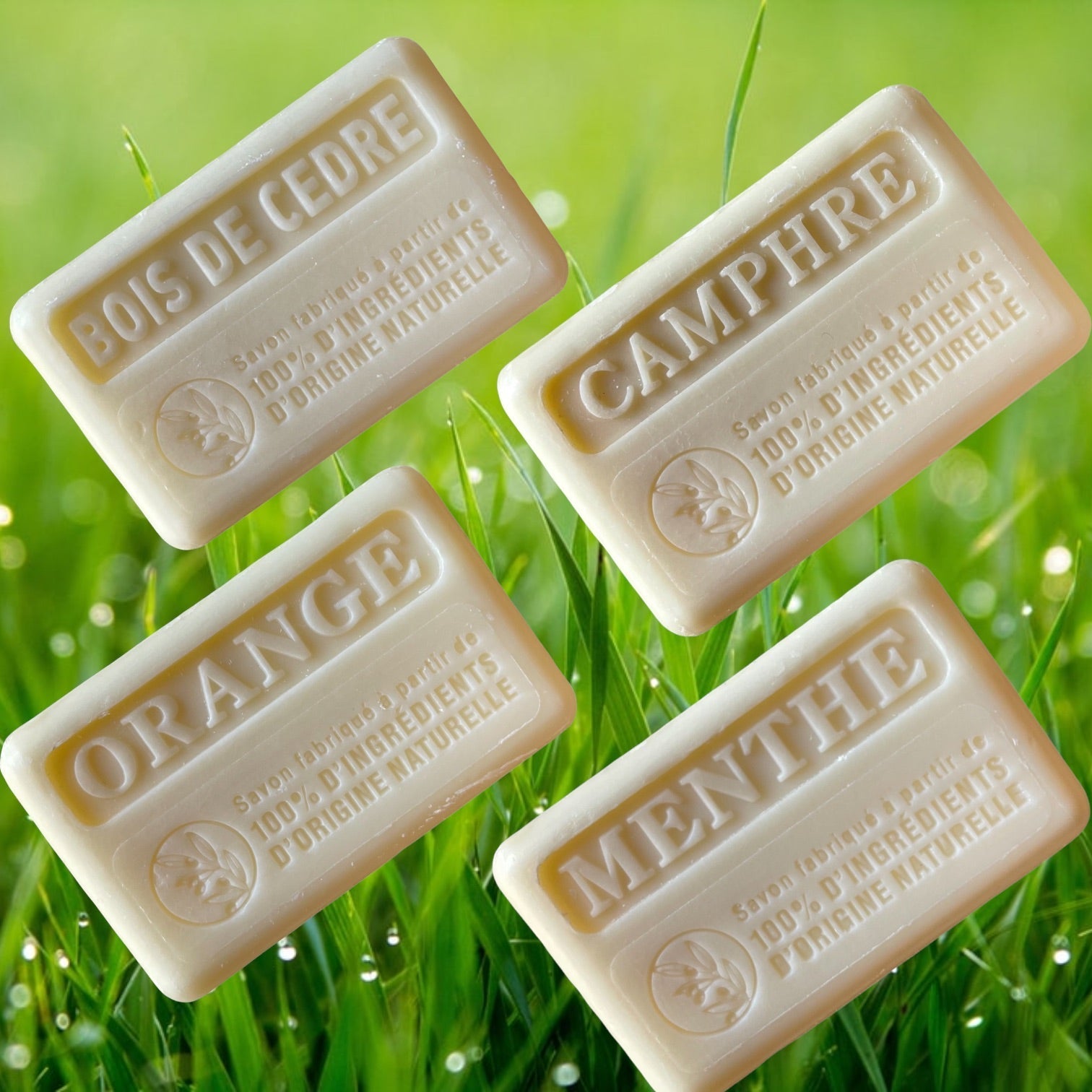French soap bars can be traced back to Marseille, a city in the south of France. The earliest records of soap manufacturing in Marseille go back to the 1370s. At this time, the soap was made from locally sourced ingredients such as olive oil and sea water. The soap was produced by traditional methods, which involved long boiling times, and was typically cut into large blocks for commercial use.
In the early 17th century, the soap industry in Marseille flourished due to its proximity to the port and access to raw materials. It was during this time that the famous “Savon de Marseille” was invented. The soap was made from natural plant-based ingredients, such as olive oil and alkaline ash from sea plants. The soap-making process began with the creation of a large cauldron filled with water. Olive oil was slowly added to the water and the mixture was boiled for several hours. Once the soap had solidified, it was cut into large blocks and stamped with the brand name.
Savon de Marseille quickly became popular due to its gentle cleansing properties and affordable price. It was used for everything from washing clothes to personal hygiene. In fact, it was so popular that production methods were replicated throughout France and other countries in Europe.
Today, French soap bars continue to be made using traditional methods in Marseille and throughout France. These bars are typically made from natural ingredients and contain no synthetic fragrances, which makes them a great choice for people with sensitive skin. Savon de Marseille remains one of the most popular French soap bars and is still produced according to the traditional methods that were developed over 300 years ago.
We bring you the whole world of Marseille soaps to the UK, USA and beyond, for you to enjoy and make your household just that little bit more special........




